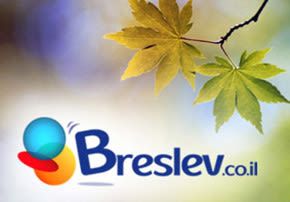
Netila In ‘Nam
It was just after he finished pouring the cup of water over his other hand when he heard the gunfire. Rapid-fire machine guns, piercing the stillness...

It was just after he finished pouring the cup of water over his other hand when he heard the gunfire. Rapid-fire machine guns, piercing the stillness of the jungle in a long barrage of thunderous noise…
Another mosquito to swat at! Would he have any ears left a month from now? wondered Robert Burns.
He never had enjoyed hot weather, even in Bayside, New York. And, he had to admit, his hometown couldn’t compete in this league. In all his young years he had never felt sweat and humidity like what he was currently feeling.
From where he was squatting he was able to see only the thicket of trees and a glimpse of the sky. The clouds were sweeping in front of the full moon, temporarily blocking its beams. It didn’t matter; Vietnam’s jungle wasn’t much to look at anyway, and you couldn’t spot the enemy by day or night until they opened fire. The real question just now was, should he do the traditional Jewish hand-washing or not?
There was a stream about 800 feet away; he could get water there. Then again, the Vietcong weren’t far away either. Crawling even that far could cost him his life. As Robert weighed the options, he swatted another mosquito from his ear and wondered how he had ended up in such a bizarre situation. Until shortly before being drafted he had heard neither of Vietnam nor of “netilat yadayim,” the traditional Jewish hand-washing.
He thought back to Bayside and childhood. He had attended public school, and three times a week went for “Hebrew instruction.” The main purpose was simply to learn enough Hebrew to read his “half-Torah,” which he eventually learned from a venerable and rather friendly tape recorder… Graduation from Hebrew School followed his Bar Mitzvah and marked his abandonment of what little Judaism he had ever known.
He never set foot in a synagogue again until his grandfather passed away. Then his father, by no means a religious man, suddenly started going to minyan every day. When Robby questioned his father about his sudden resurgence of interest in religion, his father replied, “I’m saying Kaddish for my father. His soul won’t get rest unless I say Kaddish every day for him.” Robert figured that his father would abandon this ritual after a week or two. To his astonishment he was mistaken. His father took the responsibility quite seriously, and made sure to go to synagogue every day, even if it conflicted with a football game on TV. A few times Robert accompanied his father; he sometimes slept late, and he was impressed that his father took on such consistency for 11 months.
In the fall of 1965 Robert left for college in Oneonta, New York. The student protests against American involvement in Vietnam drew little interest from him.
The summer following his graduation Robert was hit with another misfortune: his father’s sudden heart attack. Robert rushed from his job in the rope factory to the hospital. He could barely recognize his father with the tubes and wires all around him — he felt as though he was gazing at an octopus ensnared in a fisherman’s net. Looking down at his father, Robert knew the condition was serious. Resolutely he took a seat at his father’s right. “Dad, I’m here. Can you hear me?”
Mustering the little strength left in his body, Mr. Burns responded in barely audible tones, “Bobby. Thank God, you’re here.” The strain of talking seemed too much for him. Yet like so many times before, he persevered: “I want you to make one promise to me. You’re my only son. Say Kaddish for me if I don’t make it this time.” Through his tears, Robert said he hoped the occasion wouldn’t arise for many years to come. But he knew he could not refuse the request, and finally choked out, “I promise.” His father seemed suddenly at peace, and closed his eyes in easy sleep.
Robert sat at his father’s bedside for about half an hour, watching the heartbeat on the monitors. The nurse entered: “I’m sorry, but visitors hours are over now.” Robert left Pine Meadow Hospital and returned to the rope factory.
Unfortunately, his Kaddish duty took effect only a few days later. Robert felt the loss, and also remembered the promise he had made. Just as his father had, following the seven-day mourning period (shivah) he went to synagogue to say Kaddish. He found that the only synagogue in his neighborhood which had daily services was the local Orthodox synagogue, Ahavas Torah.
Robert’s Hebrew was like the buried vessels of the Holy Temple: existing somewhere, but not visible. Rabbi Jacobs immediately took a liking to the young man who struggled so hard with his Kaddish, and seemed so intent on keeping his father’s last wishes. During services the young man seemed lost, only catching himself when it came time for Kaddish. He even needed signals from Rabbi Jacobs to know when to start; the rabbi willingly gave them.
“I hope it all went smoothly today,” said the rabbi. He was in his early forties, with streaks of gray in his light brown beard, which reached below his neck collar.
It occurred to Robert that he didn’t even know what the Kaddish meant. Looking his elder companion in the eye, he asked what would be the first of many inquiries. “Can I ask you something?”
“Certainly,” replied the Rabbi.
“What does this prayer mean? I mean, why do we say anything for the dead?”
“You asked a very good question. Kaddish represents your commitment to Judaism. By saying the Kaddish you connect with the Jewish people, and announce publicly your commitment to keep the 613 mitzvot. For the recently departed there can be no greater merit in Heaven.”
“613 mitzvot? I didn’t know they had a number. Uh, I also didn’t realize there are so many.”
“There are many more than just 613, the number only represents the main ones. You know, we could talk more later. Why don’t you come to the class that I’m giving tonight in Chumash?”
“Chumash? What’s that?” asked Robert.
“Bible.”
Robert froze. He was starting to get interested, but that term, “Bible,” brought images to his mind of a televangelist begging his audience to send him money and repent their sins, in that order. He shrugged his shoulders, and mumbled “I’ll try to make it.”
Tuesday night came and went, but Robert never showed up for the class. Eventually Robert got to know Rabbi Jacobs well enough to know that he wasn’t a fanatic. It helped him get over his apprehension to discover that the term “Bible” is hardly ever used among Jews.
He first attended a few of the rabbi’s classes, then began accepting Shabbat invitations.
This was the year Uncle Sam began drafting by birth date, and Robert’s date, May 7th, was number 35. The top 196 birth dates meant almost guaranteed conscription. The expected notice arrived shortly thereafter, ordering him to report for a physical. Far from wanting to flee the inevitable, Robert was proud to serve the USA. He felt that the country could use a dose of patriotism.
Shortly following his 11 months of Kaddish, Robert knocked on Rabbi Jacobs’ door. “Rabbi, I just came to say goodbye. It looks like they’ll be shipping me to South Carolina soon for basic training. It’s going to be real hard for me to keep any of the 613 mitzvot. So tell me, Rabbi — pick one for me. Which one of the mitzvot should I keep no matter what?”
The rabbi thought for a while. Who could answer such a question? Too difficult an assignment would end in failure. Shabbat? Kashrut? Tefillin? Robert clearly wasn’t ready to tackle these. Suddenly the Rabbi’s face lit up. “Robert, I have just the right one. Make sure you do “netilat yadayim,” the traditional hand-washing every time you eat bread — even if you don’t say the blessings over the food, even if you don’t say the Grace After Meals, and even if the bread is not kosher.”
“Netilat yadayim?”
“Yes. It’s a mitzvah that won’t put undue pressure on you, since nobody will think twice about your washing your hands before eating. Keep that one mitzvah as well as you can, and remember, any mitzvah will protect you even in the direst circumstances. Best of luck to you, and write me when you get the chance.”
During basic training, and even when he was shipped out to the base in Vietnam, Robert had little difficulty in performing this mitzvah. Nobody noticed anything strange about his desire to wash his hands before eating bread.
But finally, about six months after being stationed in the jungles of Southeast Asia, the first real difficulty developed. The platoon was sent for a late-night raid on the fringes of the enemy lines. It wasn’t long before the shooting began, and it soon developed into a full-scale battle. A few of his comrades had dropped and the remainder of the unit was trapped behind enemy lines.
After a few hours’ lapse in the fighting, some of the soldiers recalled their hunger. In fact, they hadn’t eaten for the major part of the day. They began to take out their combat rations of oranges, sardines, and bread. Robby was about to join a few of his colleagues when he remembered “netilat yadayim.”
He quickly and quietly broke from the camp, his destination a small stream he had seen about 800 feet away. It didn’t matter that this excursion was insanely dangerous; no argument could convince Robert to abandon it. He had promised the rabbi, and it was in memory of his father, too. That was that.
He slipped, silent and alone, toward the stream. Traversing the ground like a snake slithering through the forest, Robert quickly reached his destination. He poured water over his hands, delighted that even in this combat situation he was able to keep his mitzvah.
It was just after he finished pouring the cup of water over his other hand when he heard the gunfire. Rapid-fire machine guns, piercing the stillness of the jungle in a long barrage of thunderous noise. For what seemed to him hours, Robert remained hidden in the grass, long after the last sounds of the bullets had faded. Mustering up his strength, he slowly slithered back to his unit to find not one of them alive.
***
Excerpt from The Monsey-Kiryat Sefer Express: True Tales from Two Cities”, Publisher: http://www.targum.com/


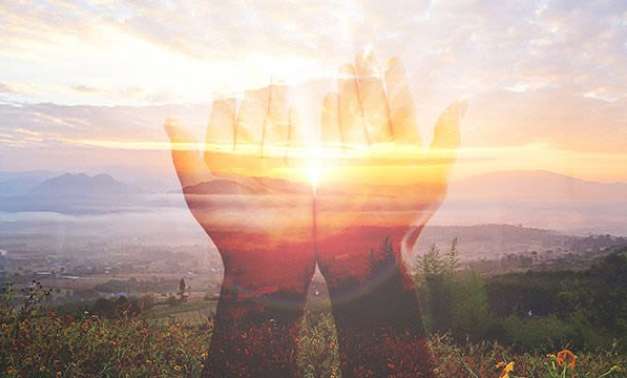
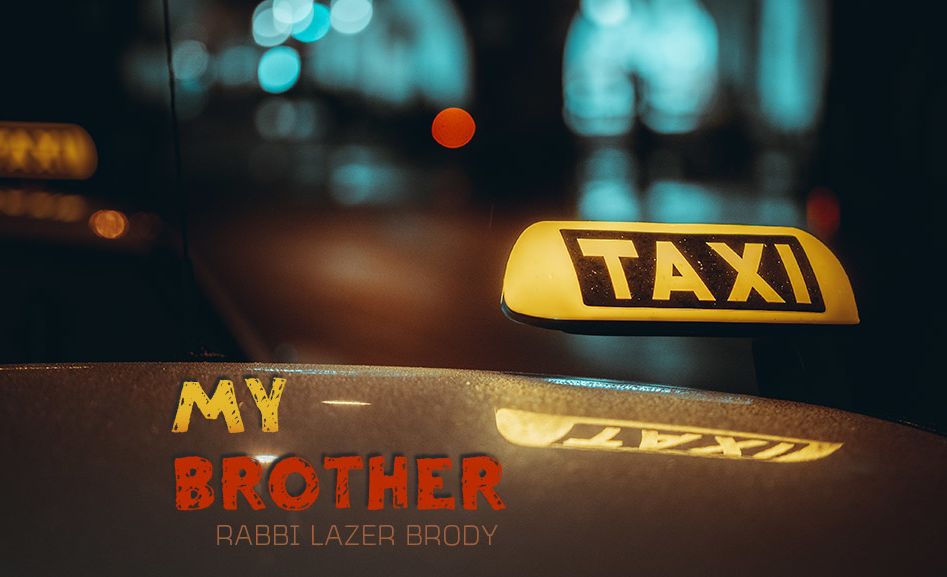
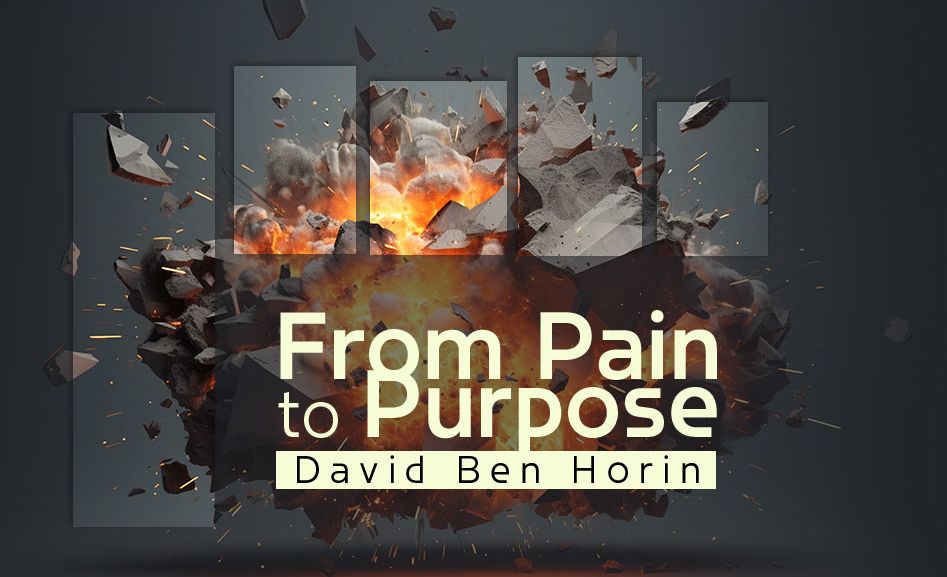

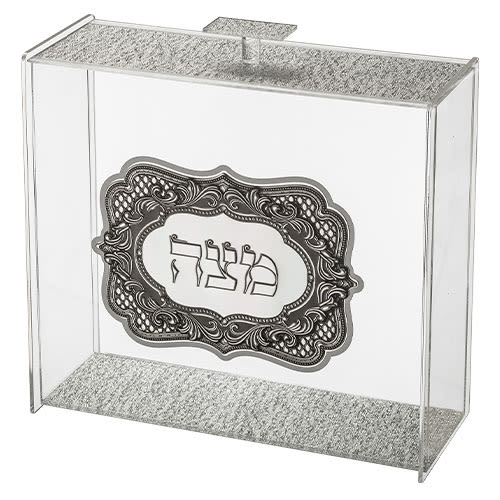
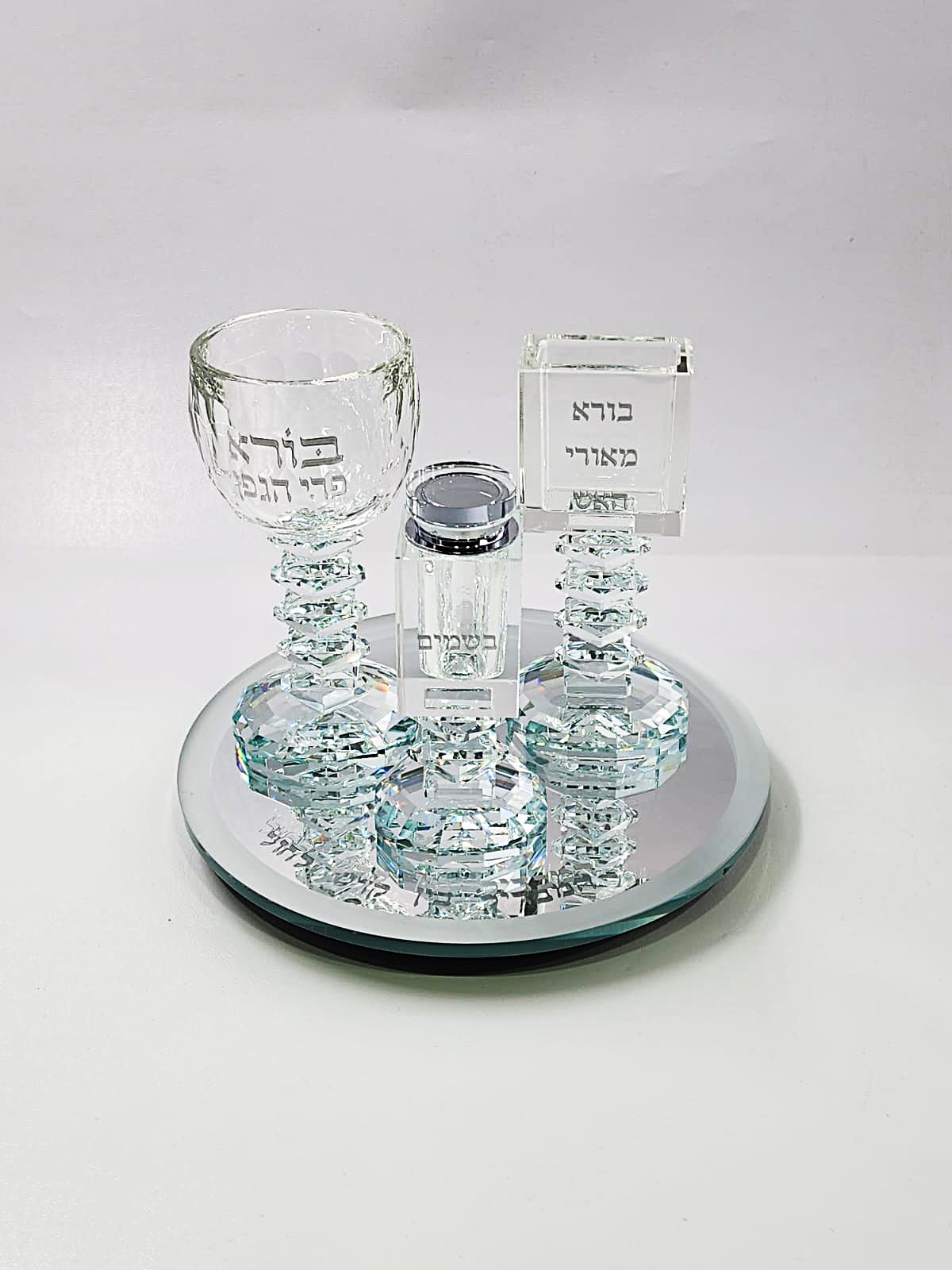
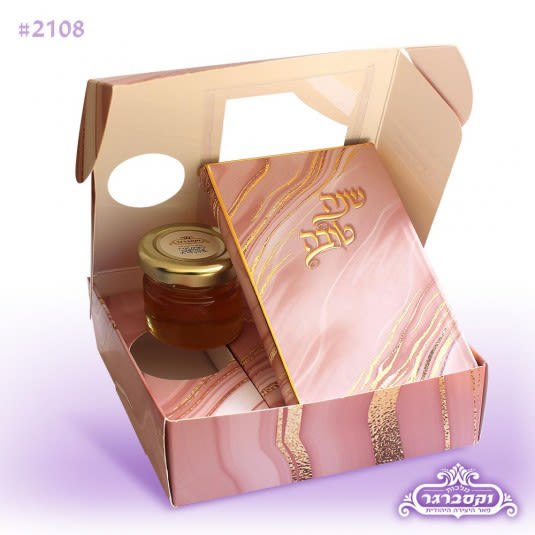
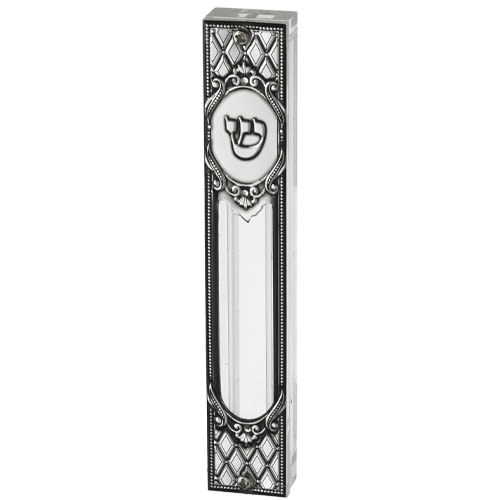
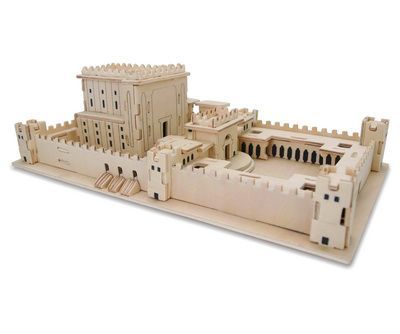
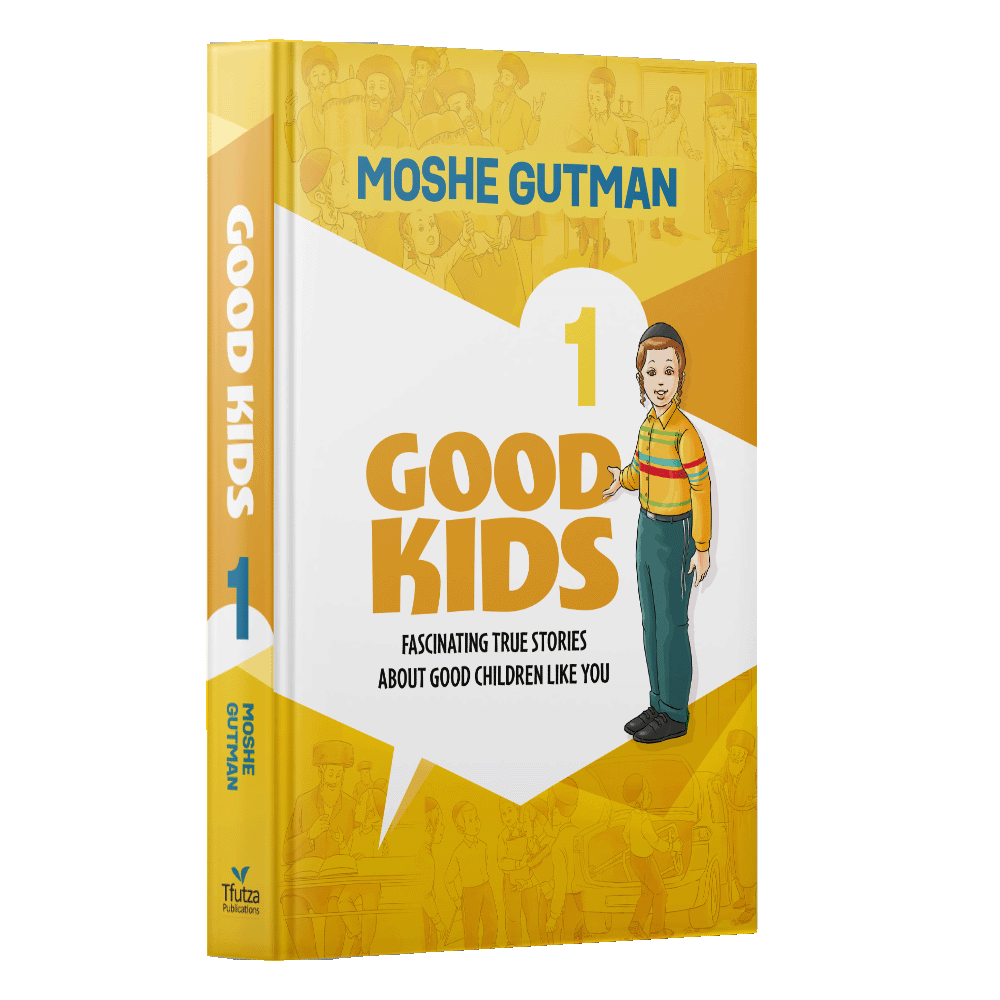
3/15/2024
Thanks for being such an inspiration.